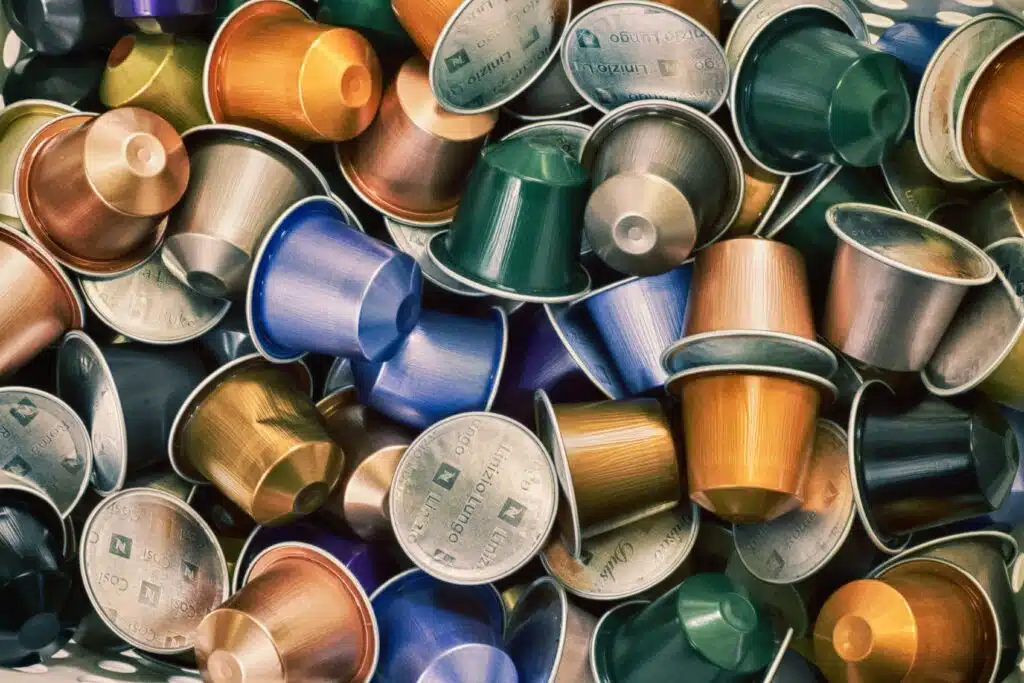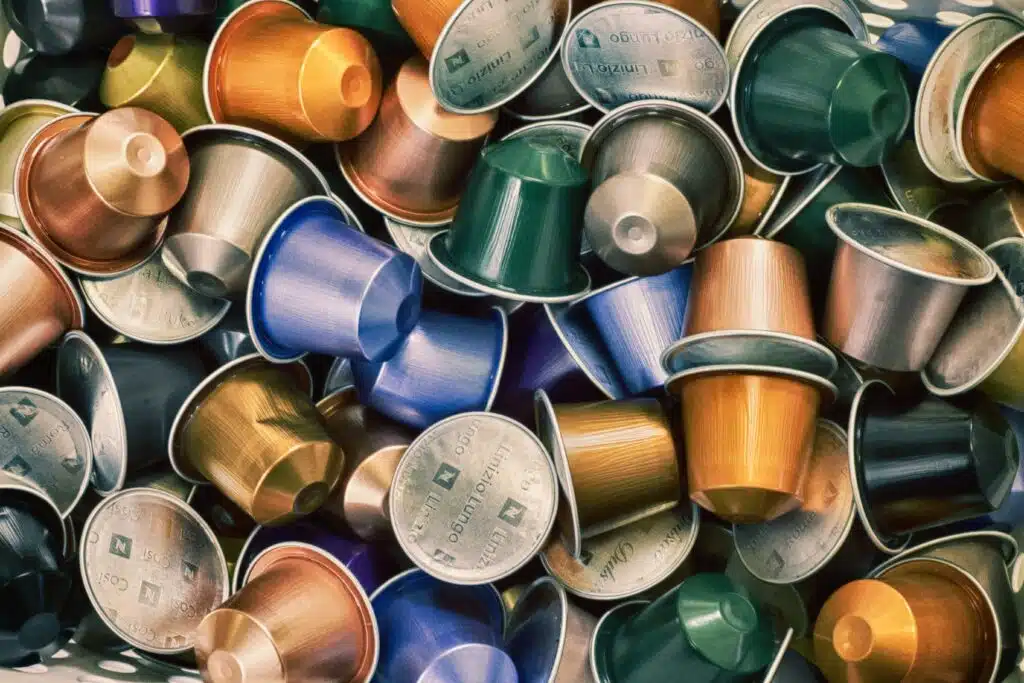Coffee Capsules and the Growing Environmental Concern
Coffee capsules, an increasingly popular method for brewing that perfect cup of joe, bring undeniable convenience. Yet, they also contribute to environmental concerns due to their single-use nature. As such, an increasing number of consumers and coffee capsule manufacturers are turning towards sustainable alternatives to address these concerns.
Coffee Culture: Beyond the Cup
In the current age, coffee culture is deeply woven into the social fabric. Coffee houses and cafes have become spaces for social interaction, work, study, and relaxation. The rise of artisanal coffee has led to an increased appreciation for the craft of coffee making, with consumers seeking out ethically sourced, specialty beans and innovative brewing techniques.
With growing environmental awareness, there has also been an upsurge in demand for sustainable coffee consumption. This includes a shift towards fair trade practices, organic coffee, and eco-friendly packaging and brewing methods.


A Closer Look at Coffee
As a universally enjoyed beverage, coffee originates from the seeds or beans of the Coffea plant native to tropical regions of Africa. The two most widely cultivated species, Coffea arabica and Coffea robusta, undergo a meticulous process of harvesting, roasting, and brewing to offer a diverse flavor profile.
Beyond its rich taste, coffee also holds several health benefits, including reducing the risk of diseases like type 2 diabetes and Parkinson’s disease. However, it’s crucial to keep moderation in mind, as excessive consumption can lead to health issues for individuals sensitive to caffeine.
The Rise of Coffee Capsules
Coffee capsules, often referred to as coffee pods, present a convenient method for coffee enthusiasts to enjoy their favorite beverage. They offer quick, consistent, and high-quality coffee, proving particularly beneficial for busy homes and offices. However, these single-use pods, typically made from plastic or aluminum, pose a significant environmental challenge due to their long decomposition periods.
In an era where environmental consciousness is increasingly significant, finding a sustainable coffee capsule manufacturer is an indispensable step for brands. The process involves multiple considerations and involves examining the manufacturer’s holistic approach to sustainability.
Given these challenges, finding a sustainable coffee capsule manufacturer is vital to minimize environmental impact. Here’s how to go about it:
1. Verification of Certifications
One of the starting points in this journey is to verify the certifications of potential manufacturers. Certifications like Fair Trade, Rainforest Alliance, or USDA Organic are benchmarks for sustainability-focused coffee capsule manufacturers. These certifications are reassurances that the manufacturer adheres to stringent sustainability standards and best practices, ensuring that your coffee capsules are produced responsibly.
2. Examination of Materials
The materials used in the production of coffee capsules play a critical role in determining their environmental impact. It’s essential to prioritize manufacturers who use eco-friendly and biodegradable materials such as plant-based plastics, aluminum, or compostable materials. These materials decompose more rapidly in the environment, substantially reducing the volume of waste generated by single-use coffee capsules.
3. Reviewing the Production Process
In addition to the materials used, the production process also plays a pivotal role in a coffee capsule’s sustainability. Manufacturers who utilize renewable energy sources like solar or wind power demonstrate a commitment to reducing carbon emissions. Further, those who adopt strategies for water conservation and waste reduction ensure that their production process is as green as possible.
4. Assessing Packaging Practices
Eco-friendly packaging is another key aspect to consider. Look for manufacturers who minimize waste by utilizing recycled materials or minimizing packaging. This not only reduces waste generated during shipping and handling but also reiterates the commitment of the manufacturer to sustainable practices across the supply chain.
5. Commitment to Sustainability
Lastly, choose a coffee capsule manufacturer that embeds sustainability into their overall business ethos. This means a business that is actively working on reducing its carbon footprint, minimizing waste, and supporting sustainable farming practices. This kind of comprehensive commitment to sustainability is what truly distinguishes a manufacturer as a responsible and sustainable partner for your brand.
By meticulously evaluating manufacturers on these parameters, brands can ensure they align with a partner who shares their commitment to environmental sustainability, thereby enhancing their brand’s credibility and resonance with environmentally-conscious consumers.


Exploring the Benefits of Private Label Production
In the consumer goods industry, private label production has risen as an effective approach to developing unique product lines. This production method entails forming partnerships with third-party suppliers to create and market products under a retailer’s own brand name. The model offers several substantial advantages:
- Distinctive Products: Through private label production, retailers can offer unique products that stand out from those available in the broader market. This distinction can become a unique selling point, attracting and retaining customers who are in search of novel and exclusive products.
- Enhanced Control: Opting for private label production grants retailers greater control over various aspects of their product, such as quality, pricing, and marketing. This level of control can result in a product range that aligns more closely with the retailer’s brand image and core values.
- Cost Efficiency: Private label production can be a cost-effective option for retailers. Instead of investing heavily in manufacturing facilities, equipment, or workforce, retailers can leverage the capabilities of established third-party manufacturers. This approach allows for more manageable financial planning and potential savings.
- Market Expansion: Private label production provides an opportunity to explore new markets or expand existing product ranges. Since third-party manufacturers have the expertise and experience in product development, retailers can tap into new segments or product categories more confidently and efficiently.
- Brand Value: Having products under their own brand name enhances the retailer’s brand value and identity. It fosters a sense of exclusivity and trust, which can translate into customer loyalty and repeated business.
In conclusion, embracing private label production offers a multifaceted approach to business growth. It’s a strategy that combines cost efficiency, market differentiation, and increased control, enabling retailers to tailor their product lines to their brand’s vision and their customers’ evolving needs.